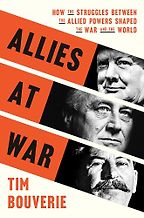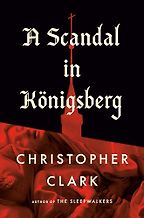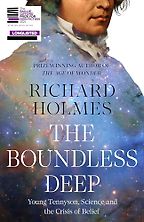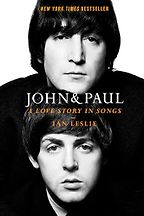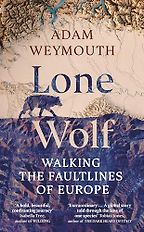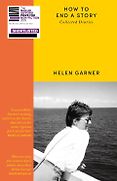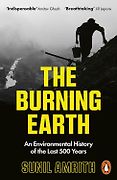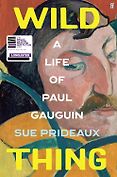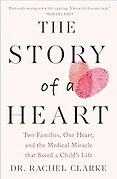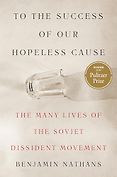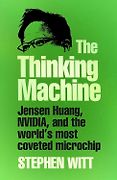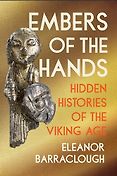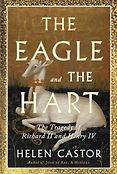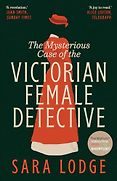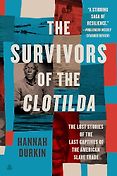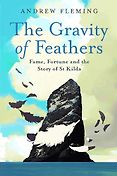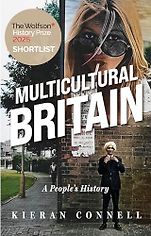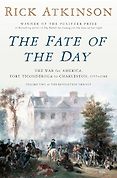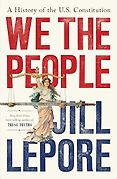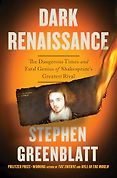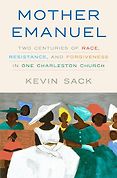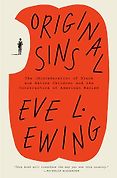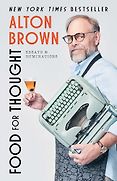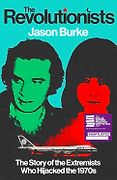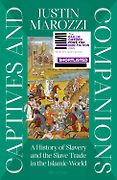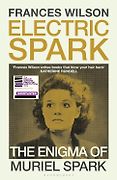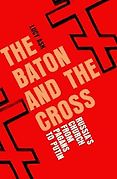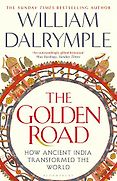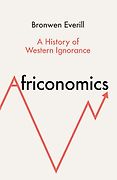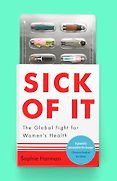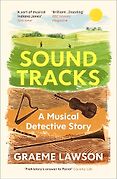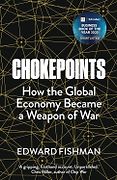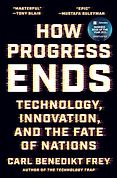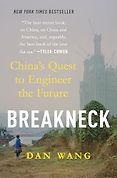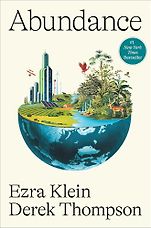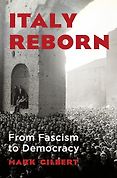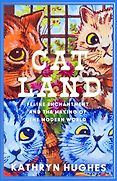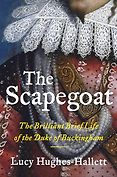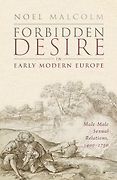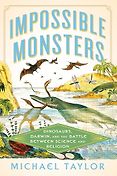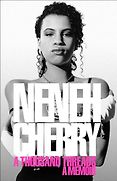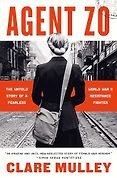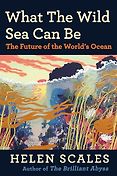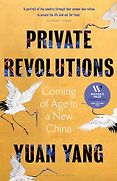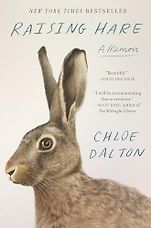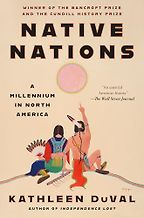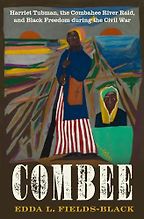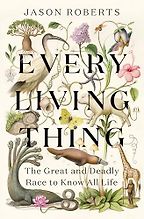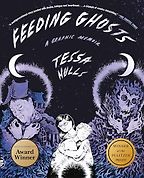Nonfiction Books
Last updated: January 28, 2026
Across our site, we have thousands of nonfiction book recommendations on a vast array of topics. Below, you'll find some general recommendations, useful if you're in the mood for nonfiction, want to read a really, really good book, but don't mind what it's about.
There are vast numbers of new books published every year, which makes choosing some of the best ones seem somewhat random and subjective. Fortunately, there are a number of nonfiction book prizes. Judges scour hundreds of books—many of them lengthy tomes—to find the best books of the year.
History books | True Crime Books | Best Nonfiction of 2024 | Best Biographies | Memoirs & Autobiography | Short Nonfiction | Nonfiction Series| Science books | Philosophy books | Psychology books | Art History books | Economics books | Business Books | Religion books | Critical Thinking Books | Neuroscience Books | Conspiracy Theory Books | Historical Nonfiction
-

1
Allies at War: The Politics of Defeating Hitler
by Tim Bouverie -

2
A Scandal in Königsberg
by Christopher Clark -

3
The Boundless Deep: Young Tennyson, Science and the Crisis of Belief
by Richard Holmes -

4
John and Paul: A Love Story in Songs
by Ian Leslie -

5
Lone Wolf: Walking the Faultlines of Europe
by Adam Weymouth
The Best Nonfiction Books: The 2026 Duff Cooper Prize, recommended by Andrew Holgate
The Best Nonfiction Books: The 2026 Duff Cooper Prize, recommended by Andrew Holgate
Now in its 70th year, the Duff Cooper Prize is awarded annually for an outstanding work of nonfiction that combines originality, rigour and a strong narrative drive—the kind of book that “general readers of serious nonfiction crave,” explains Andrew Holgate, former literary editor of the Sunday Times and one of this year’s judges. He talks us through the brilliant books that made the 2026 shortlist, from a fresh and revealing take on the defeat of Hitler to the politics of wolves in contemporary Europe.
-

1
How to End a Story: Collected Diaries
by Helen Garner -

2
The Burning Earth: An Environmental History of the Last 500 Years
by Sunil Amrith -

3
Wild Thing: A Life of Paul Gauguin
by Sue Prideaux -

4
The Story of a Heart
by Rachel Clarke -

5
To the Success of Our Hopeless Cause: The Many Lives of the Soviet Dissident Movement
by Benjamin Nathans -

6
The Thinking Machine: Jensen Huang, Nvidia, and the World’s Most Coveted Microchip
by Stephen Witt
Award-Winning Nonfiction Books of 2025, recommended by Sophie Roell
Award-Winning Nonfiction Books of 2025, recommended by Sophie Roell
It’s a golden age for nonfiction, with books on a range of important topics written in an accessible way. As 2025 draws to a close, Five Books editor Sophie Roell takes us through some of the books that won important nonfiction book prizes this year, and what they can tell us about the world we live in.
-
1
Embers of the Hands: Hidden Histories of the Viking Age
by Eleanor Barraclough -

2
The Eagle and the Hart: The Tragedy of Richard II and Henry IV
by Helen Castor -

3
The Mysterious Case of the Victorian Female Detective
by Sara Lodge -

4
Survivors: the Lost Stories of the Last Captives of the Atlantic Slave Trade
by Hannah Durkin -

5
The Gravity of Feathers: Fame, Fortune and the Story of St Kilda
by Andrew Fleming -

6
Multicultural Britain: A People's History
by Kieran Connell
The Best History Books of 2025: the Wolfson History Prize Shortlist, recommended by Helen King
The Best History Books of 2025: the Wolfson History Prize Shortlist, recommended by Helen King
The Wolfson History Prize is awarded annually for historical writing that is both brilliantly researched and a great read. Professor Helen King, one of this year’s judges, talks us through the 2025 shortlist and explains why each book stood out.
-

1
The Fate of the Day: The War for America, Fort Ticonderoga to Charleston, 1777-1780
by Rick Atkinson -

2
We the People: A History of the U.S. Constitution
by Jill Lepore -

3
Dark Renaissance: The Dangerous Times and Fatal Genius of Shakespeare's Greatest Rival
by Stephen Greenblatt -

4
Mother Emanuel: Two Centuries of Race, Resistance, and Forgiveness in One Charleston Church
by Kevin Sack -

5
Original Sins: The (Mis)education of Black and Native Children and the Construction of American Racism
by Eve L. Ewing -

6
Food for Thought: Essays and Ruminations
by Alton Brown
The Best History & Nonfiction Audiobooks of 2025, recommended by AudioFile Editors
The Best History & Nonfiction Audiobooks of 2025, recommended by AudioFile Editors
Editors at AudioFile magazine, who reviewed more than 2,000 books in 2025, pick out their favourites in the ‘history and nonfiction’ category—from the American struggle for independence to the ruminations of a food celebrity.
-

1
The Revolutionists: The Story of the Extremists Who Hijacked the 1970s
by Jason Burke -

2
How to End a Story: Collected Diaries
by Helen Garner -

3
The Boundless Deep: Young Tennyson, Science and the Crisis of Belief
by Richard Holmes -

4
Captives and Companions: A History of Slavery and the Slave Trade in the Islamic World
by Justin Marozzi -

5
Lone Wolf: Walking the Faultlines of Europe
by Adam Weymouth -

6
Electric Spark: The Enigma of Muriel Spark
by Frances Wilson
The Best Nonfiction Books of 2025: The Baillie Gifford Prize Shortlist, recommended by Robbie Millen
The Best Nonfiction Books of 2025: The Baillie Gifford Prize Shortlist, recommended by Robbie Millen
From the terrorists who came up with the idea of hijacking planes to get attention to a biography of the Scottish novelist Muriel Spark, the books in the running for this year’s Baillie Gifford Prize, as always, display a wonderful breadth. Robbie Millen, literary editor of the Times and chair of the 2025 judging panel, talks us through the shortlist of the UK’s most prestigious nonfiction book prize.
-

1
The Burning Earth: An Environmental History of the Last 500 Years
by Sunil Amrith -

2
The Baton and the Cross: Russia's Church from Pagans to Putin
by Lucy Ash -

3
The Golden Road
by William Dalrymple -

4
Africonomics: A History of Western Ignorance
by Bronwen Everill -

5
Sick of It: The Global Fight for Women's Health
by Sophie Harman -

6
Sound Tracks: A Musical Detective Story
by Graeme Lawson
The Best Nonfiction Books: The 2025 British Academy Book Prize, recommended by Rebecca Earle
The Best Nonfiction Books: The 2025 British Academy Book Prize, recommended by Rebecca Earle
To be shortlisted for the annual British Academy Book Prize, books have to be both rigorously researched and highly readable. Historian Rebecca Earle, chair of the 2025 judging panel, talks us through the books that made this year’s shortlist, from an environmental history that opens with Genghis Khan and the Mongol expansion to a ‘musical detective story’ that investigates the sounds made by our ancestors down the millennia.
-

1
House of Huawei: The Secret History of China's Most Powerful Company
by Eva Dou -

2
Chokepoints: American Power in the Age of Economic Warfare
by Edward Fishman -

3
How Progress Ends: Technology, Innovation, and the Fate of Nations
by Carl Benedikt Frey -

4
Abundance: How We Build a Better Future
by Ezra Klein and Derek Thompson -

5
Breakneck: China's Quest to Engineer the Future
by Dan Wang -

6
The Thinking Machine: Jensen Huang, Nvidia, and the World’s Most Coveted Microchip
by Stephen Witt
The Best Business Books of 2025: the Financial Times Business Book of the Year Award, recommended by Andrew Hill
The Best Business Books of 2025: the Financial Times Business Book of the Year Award, recommended by Andrew Hill
It’s been another big year for technology and AI, but books on geopolitics and global political rivalries are front and centre on the shortlist of the 2025 Financial Times Business Book of the Year Award. FT journalist Andrew Hill, the prize’s organizer, talks us through the six books that made the cut—from the enigmatic founders of multi-billion- and trillion-dollar businesses to the challenges governments face in achieving growth and prosperity.
-

1
Italy Reborn: From Fascism to Democracy
by Mark Gilbert -

2
Catland: Feline Enchantment and the Making of the Modern World
by Kathryn Hughes -

3
The Scapegoat: The Brilliant Brief Life of the Duke of Buckingham
by Lucy Hughes-Hallett -

4
Forbidden Desire in Early Modern Europe: Male-Male Sexual Relations, 1400-1750
by Noel Malcolm -

5
Wild Thing: A Life of Paul Gauguin
by Sue Prideaux -

6
Impossible Monsters: Dinosaurs, Darwin, and the Battle Between Science and Religion
by Michael Taylor
The Best Nonfiction Books: The 2025 Duff Cooper Prize, recommended by Minoo Dinshaw
The Best Nonfiction Books: The 2025 Duff Cooper Prize, recommended by Minoo Dinshaw
It’s a nonfiction book prize that values “style, rigour, argument, meatiness, readability, freshness, oddity and individuality,” says Minoo Dinshaw, author of Friends in Youth and one of this year’s judges. He introduces the six brilliant books that made the shortlist of this year’s Pol Roger Duff Cooper Prize, from the history of post-World War II Italy to the disputes caused by the discovery of dinosaur fossils.
-

1
A Thousand Threads: A Memoir
by Neneh Cherry -

2
The Story of a Heart
by Rachel Clarke -

3
Raising Hare
by Chloe Dalton -

4
Agent Zo: The Untold Story of a Fearless World War II Resistance Fighter
by Clare Mulley -

5
What the Wild Sea Can Be: The Future of the World’s Ocean
by Helen Scales -

6
Private Revolutions: Coming of Age in a New China
by Yuan Yang
The Best Nonfiction Books: The 2025 Women’s Prize for Nonfiction, recommended by Kavita Puri
The Best Nonfiction Books: The 2025 Women’s Prize for Nonfiction, recommended by Kavita Puri
Now in its second year, the Women’s Prize for Nonfiction aims to highlight the very best new nonfiction books written by women. We asked Kavita Puri, the journalist and chair of this year’s judging panel, to talk us through the shortlist: from a gentle lockdown animal memoir to a thrilling true story of a WW2 secret agent.
-

Native Nations: A Millennium in North America
by Kathleen DuVal -

Combee: Harriet Tubman, the Combahee River Raid, and Black Freedom During the Civil War
by Edda L. Fields-Black -

Every Living Thing: The Great and Deadly Race to Know All Life
by Jason Roberts -

To the Success of Our Hopeless Cause: The Many Lives of the Soviet Dissident Movement
by Benjamin Nathans -

Feeding Ghosts: A Graphic Memoir
by Tessa Hulls
2025 Pulitzer Prize Nonfiction Book Winners
2025 Pulitzer Prize Nonfiction Book Winners
In May, the winners of the 2025 Pulitzer Prizes, awarded annually by Columbia University in New York and founded by Joseph Pulitzer (1847-1911), were announced. The prizes are awarded for a variety of categories across journalism, but also celebrate outstanding books. Below we’ve listed all the books that won in nonfiction book categories (James by Percival Everett won the Pulitzer Prize for Fiction).
